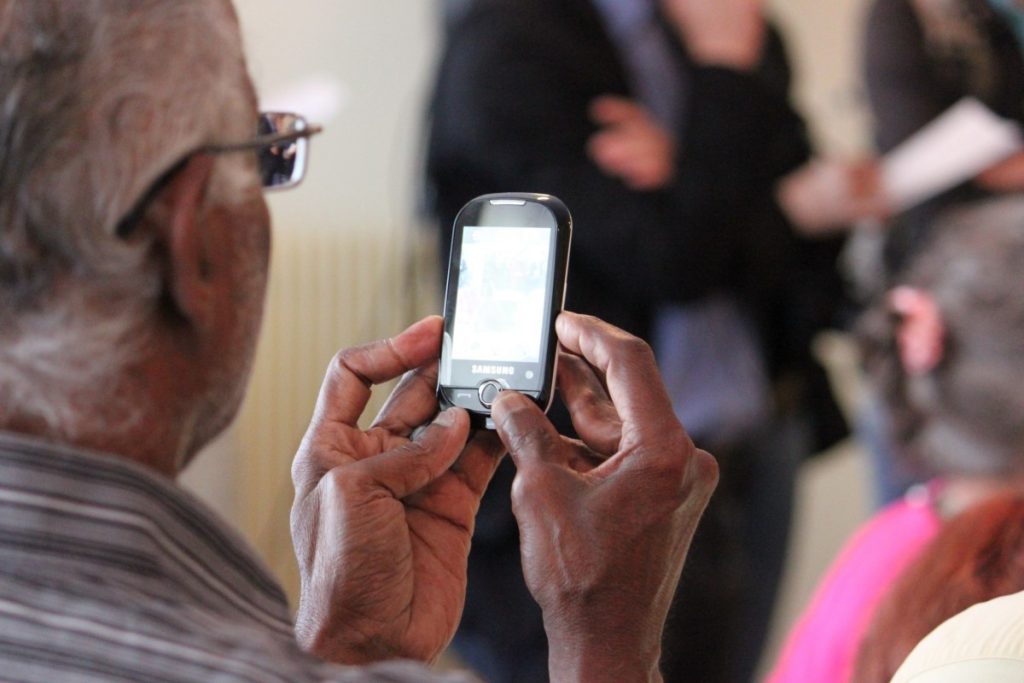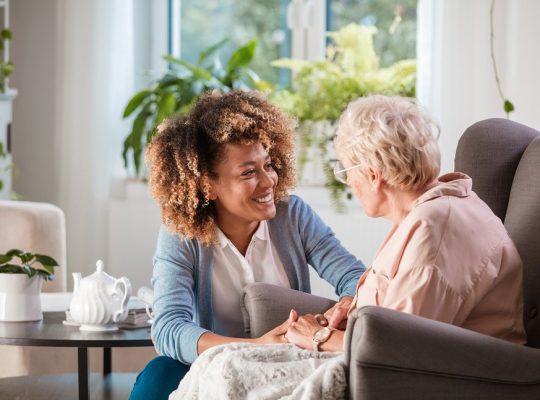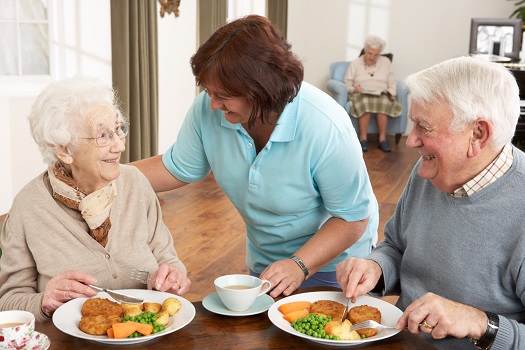Enhancing Elderly Care: The Power of Telecare in America
As the elderly population continues to grow in America, ensuring their well-being and access to healthcare becomes a significant concern. Fortunately, advancements in technology have paved the way for innovative solutions such as telecare, which has proven to be a game-changer in supporting the elderly. In this blog post, we will explore how telecare can help our elderly population in America, revolutionizing the way we deliver care and improving the overall quality of life for our seniors.
Remote Monitoring for Enhanced Healthcare
Telecare enables healthcare providers to remotely monitor the health status of elderly individuals. Through the use of wearable devices, sensors, and home monitoring systems, vital signs such as blood pressure, heart rate, and blood glucose levels can be tracked. This allows healthcare professionals to detect any abnormalities or changes in health early on and intervene promptly, leading to better health outcomes for the elderly.
Virtual Consultations for Convenient Care

One of the significant benefits of telecare is the ability to have virtual consultations with healthcare providers. This is especially valuable for elderly individuals who may have mobility limitations or live in remote areas with limited access to healthcare facilities. Virtual consultations can address various health concerns, provide medical advice, and even prescribe medications if needed. The convenience of virtual care saves time and effort for both patients and healthcare professionals.
Medication Management Made Easier
Telecare platforms can assist in medication management for the elderly. Through reminders and notifications, telecare systems ensure that seniors take their medications on time and in the correct dosage. This helps prevent medication errors, improves adherence to prescribed treatments, and reduces the risk of complications due to missed or incorrect doses. With telecare, medication management becomes more streamlined and efficient, promoting better health outcomes.
Chronic Disease Management at Home
Many elderly individuals in America live with chronic conditions such as diabetes, heart disease, or respiratory disorders. Telecare allows for remote monitoring and management of these conditions. Healthcare providers can remotely assess symptoms, adjust treatment plans, and provide education and self-care guidance to help seniors better manage their conditions at home. By empowering the elderly to actively participate in their own care, telecare promotes independence and a higher quality of life.
Promoting Mental Health and Well-being
Telecare is not limited to physical health but also extends to mental health support for the elderly. Many seniors face challenges such as depression, anxiety, or social isolation. Telecare offers virtual counseling and therapy sessions, providing access to mental health professionals who can offer support, guidance, and coping strategies. This virtual support system can significantly improve emotional well-being and overall mental health for the elderly population.
Ensuring Safety and Emergency Response
Telecare can include emergency response systems, such as wearable panic buttons or home alert systems, that allow elderly individuals to request immediate assistance in case of emergencies or accidents. This provides a sense of security and ensures that help is readily available when needed. By having access to emergency response services at their fingertips, seniors can live more independently with peace of mind.
Telecare has revolutionized elderly care in America by bridging the gap in healthcare accessibility and providing innovative solutions for remote monitoring, virtual consultations, medication management, chronic disease support, mental health assistance, and emergency response. With the power of technology, telecare enhances the quality of life for our elderly population, promoting independence, safety, and well-being. As telecare continues to advance, it holds great potential to transform the way we care for our seniors, ensuring they receive the support they need in the comfort of their own homes.







